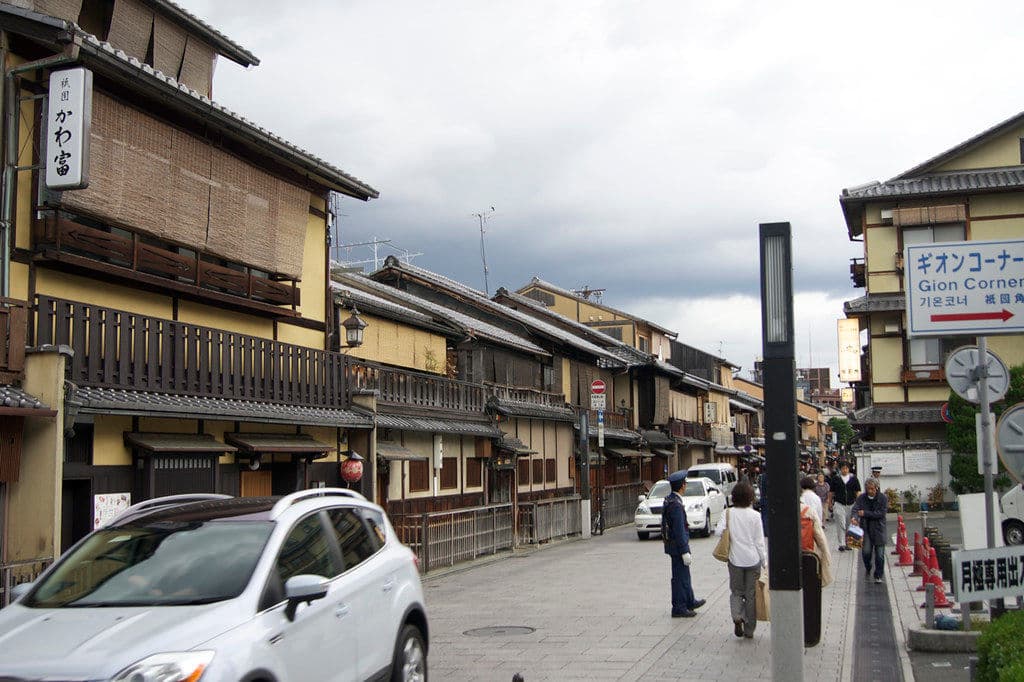
It’s no secret that investing in a property for Airbnb style purposes is one of the most popular ways to yield revenue recently. However, the freedom to rent your unit short term whenever and however you want may not be the same in Japan as it is in other countries. As Japan cares greatly for resident satisfaction, potentially loud temporary guests unaware of building rules may disturb tenants. While the rules are not the same all over Japan, in this article we will break down the rules that exist for short-term rentals in some of the most popular areas in Japan.
National Law
National law beginning in June 2018 will set a limit on short-term renting, allowing owners only a maximum of 180 days of staying per year. In addition to this limit, owners will need to meet a large number of different requirements. Some of these requirements include performing identity checks, having an office located nearby in case of emergencies, and reporting guest information to the government.
Tokyo
Shinjuku
Properties in exclusive residential zones cannot be rented out on Fridays, Saturdays, or Sundays. This reduces the maximum number of stays per year to only 156 instead of 180. The plan to tighten restrictions is still under development and may ultimately have more restrictions than simply a no-weekend rule.
Ota ward
Ota ward is the first district in Japan to completely ban all of short-term overnight stays in residential zones. As of June 15, 2018, this law will go into effect. It can be said that Ota ward is the strictest in terms of short-term rental letting
Chuo ward
Chuo ward’s regional rules will go one step further than national law, limiting the number of stays per year to only 100 instead of 180.
Taito ward
Properties in the Taito ward, home to places like Ueno Park, Ueno Zoo, and Senso-ji temple, will be required to have a staff on the property to ensure safety, as well as a front desk at the property. With this requirement, most homes and apartments will not be able to meet standards and face risks of receiving fines and license revocation.
Yokohama
Similar to Shinjuku, Yokohama has proposed to ban short term letting on weekdays (Monday through Friday) in Exclusively Low Rise residential areas. This type of residential area makes up 31% of Yokohama. This proposal draft was given to the city council as of February 2018.
Kyoto City
Kyoto’s restrictions can be considered as the strictest in all of Japan. Kyoto city will require hosts to have managers or staff of the host within 800 meters of the property, as well as provide a variety of official documentation. Hosts will need to submit papers that verify they have not illegally operated a short-term rental in the past three months, and that their building (if the property is an apartment or condominium-type rental) does not have a ban on short-term rentals. As stated previously, many residential buildings, regardless of location, do not allow this, making it extremely difficult to rent out property in Kyoto for short-term stays.
In additional to regional restrictions and bans, individual buildings and companies have established bans for airbnb-like stays in the entire building, regardless of licenses held, day of the week, or yearly stay limits. If you are considering using your Japanese property for airbnb, we advise you to research the regulations that apply to the area in which you will purchase. Those who break either regional or national laws can be fined up to 1,000,000 JPY (10,000 USD). As Airbnb is still relatively new to Japan, rules are subject to change throughout the following years.
Explore about Japanese properties with our Guidebook
 In this Guidebook - from Sekai Property, you will have chance to know:
In this Guidebook - from Sekai Property, you will have chance to know:
- An overview about purchasing property in Japan
- Steps in purchasing property in detail with Property Flow, Costs and Taxes
- Example case
Let’s download it if you want to approach this big real estate market!







